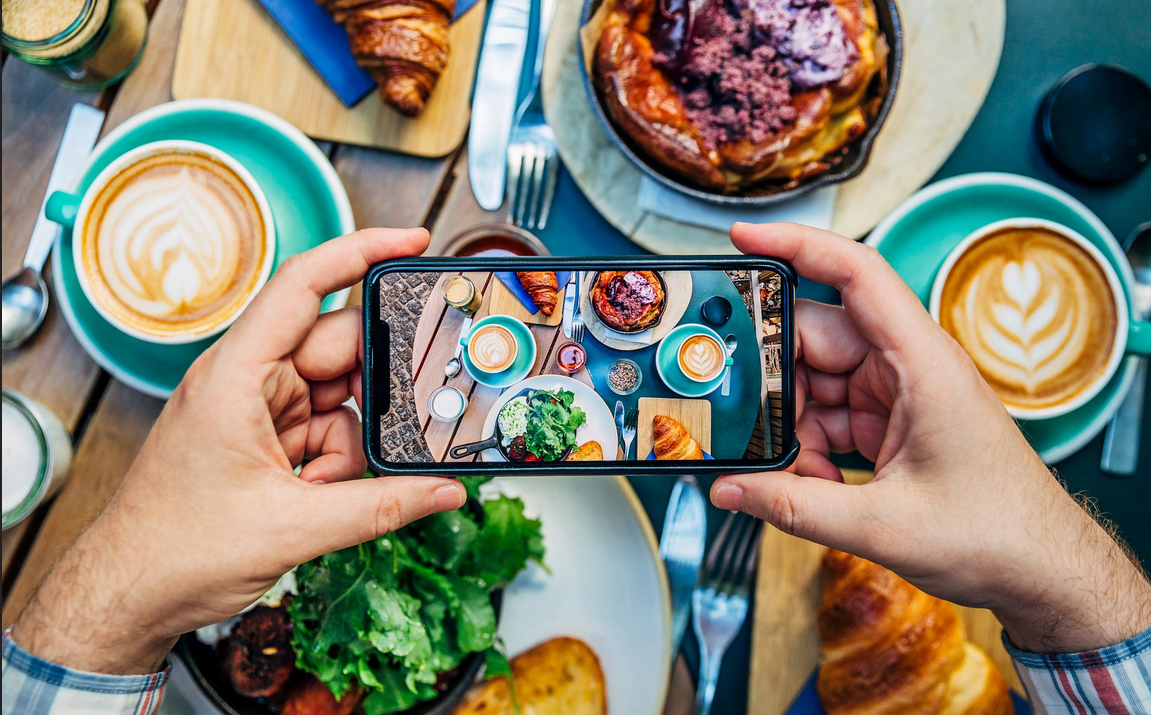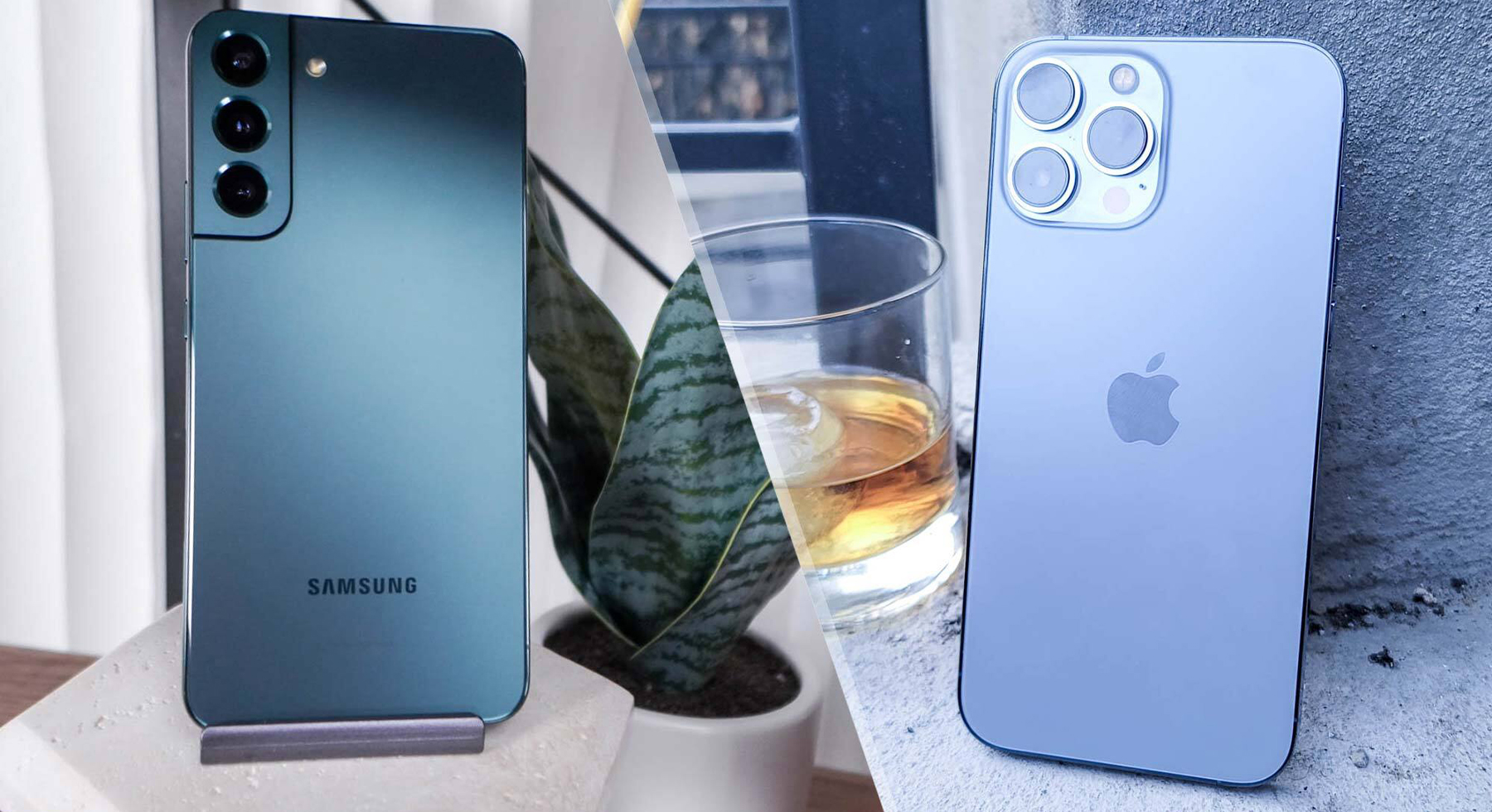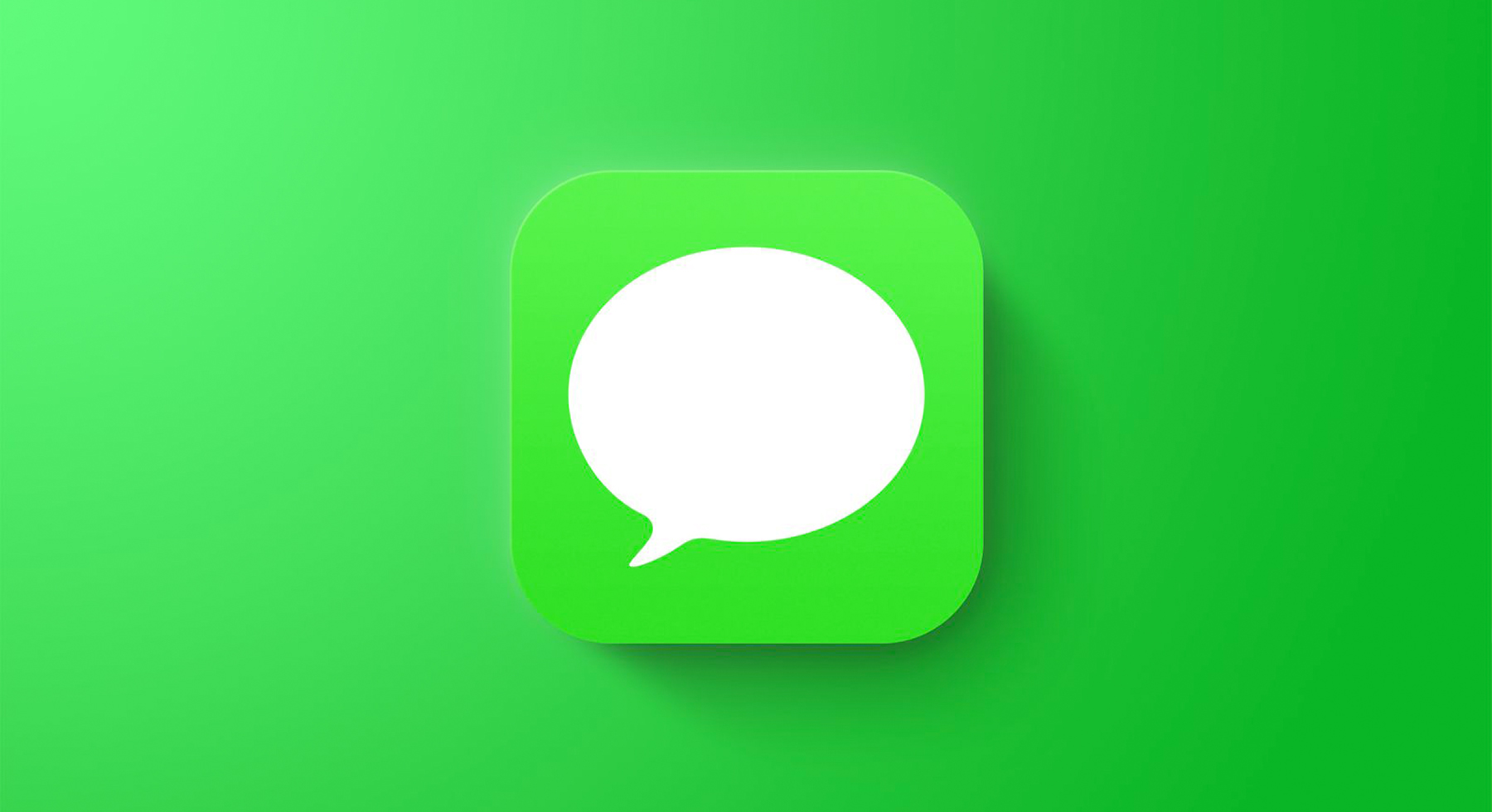Are you tired of having to think about things? You know, like whether or not you should take that left at the fork in the road? Or what time is it? Or if you should buy toilet paper with lotion on it or not?
Well, your phone can handle all that for you! It knows everything. Just ask him, he’ll tell you! Just ask it.
Does it know your fitness goals?
Your phone is smarter than you. It knows all about your fitness goals, and it’s been following them for years. Your phone knows, for example, that you go to bed at midnight every night and wake up at 7 am every morning. It knows that on Thursdays, you go to a yoga class at 6 pm, and on Saturdays, you run a 5k at 9 am. And it also knows how many calories you burn during those activities.
It’s not just calories either: it knows what time of day you eat the most snacks and when you’re most likely to drink alcohol or smoke cigarettes. And then—this one might be a little creepy—it also knows when you’re supposed to go shopping for toilet paper (Wednesday at 1 pm), laundry detergent (Friday at 8 pm), or some new workout clothes. Your phone even knows when it’s time for a haircut!
Your phone is always watching out for you—even when it seems like it isn’t paying attention!

How about your eating habits?
If you think it’s just luck that you’re not overweight, think again.
Your Android phone knows much more about your diet than you do—and it’s not afraid to point out when you’re eating poorly. For example, let’s say you’re at work and start craving a snack. You can’t help it; you want something crunchy and salty! But there’s nothing in the office kitchen or vending machine that looks good. So what do you do? You grab a bag of potato chips from the vending machine and munch them until they’re gone.
But did you know that your phone knew exactly what made up those chips? That’s right: it was mostly salt, fat, and carbs—the stuff that makes us gain weight! Your phone knew this before you even started eating them and tried to warn you with an alert: “Caution: This food contains high levels of fat.” But did it stop there? No way! It continued: “High levels of fat may be linked to heart disease.” And then, just for good measure: “High-fat foods may increase the risk of obesity.”

Will it help you save time and money?
The answer is yes. If you’re an Android user, chances are good that your phone is smarter than you. And if you’re not using it to its full potential, you’re missing out on cool things that can make your life easier. So how do we know? Well, here are some examples:
Auto-fill passwords:
If a website or app has saved your password, then when you go back to use it again, your device will remember it for you! That means no more typing in long strings of letters and numbers every time you want to check Facebook or play games on the bus.
Text suggestions:
Your phone can predict what word or phrase comes next when typing messages; this saves time when messaging friends or family members. It can also help save those embarrassing typos!
Quick access to important apps:
You can launch certain apps with just one swipe across the home screen (or even without unlocking your phone). You can also set up shortcuts for specific people or tasks so that they’re just one press away from being completed.

Does it think for you?
If you’re a smartphone user, you likely ask this question. If you have, then you’re probably not alone. Smartphone users have been asking themselves this question since they first encountered a phone with a touchscreen. And while the answer may seem obvious at first, your phone can help with your thinking! It’s a computer, after all—it turns out that there is more to it than that.
To answer this question and find out if your phone is smarter than you, we need to look at what it means for something to “do the thinking” for another person or object. In doing so, we’ll devise a way of measuring how smart your phone is by comparing it against other machines in its class (and ours).





